
天に栄える村
2015
1h 46m
Tenei village is located in Fukushima prefecture's beautiful surrounds. It is 70 kilometers away from the Fukushima Daiichi Nuclear Power Plant. When the Fukushima Nuclear Power Plant failed in March 2011, radioactive particles fell and contaminated the rice fields. But the farmers couldn't just abandon their land as they live on the land and wanted to protect it for future generations. The farmers decided to pursue scientific methods to secure food safety. They were on their own without Government assistance. This film documents their determination and efforts in overcoming an environmental crisis that had never been experienced before.
If current server doesn't work please try other servers beside.
Similar Movies

La Vie moderne
For ten years, Raymond Depardon has followed the lives of farmer living in the mountain ranges. He allows us to enter their farms with astounding naturalness. This moving film speaks, with great serenity, of our roots and of the future of the people who work on the land. This the last part of Depardon's triptych "Profils paysans" about what it is like to be a farmer today in an isolated highland area in France. "La vie moderne" examines what has become of the persons he has followed for ten years, while featuring younger people who try to farm or raise cattle or poultry, come hell or high water.
Rating:
7.522/10
Votes:
23
Year:
2008

A Life on the Farm
A strange story from Somerset, England about a filmmaking farmer and the inspiring legacy of his long-lost home movies.
Rating:
7.0/10
Votes:
1
Year:
2023
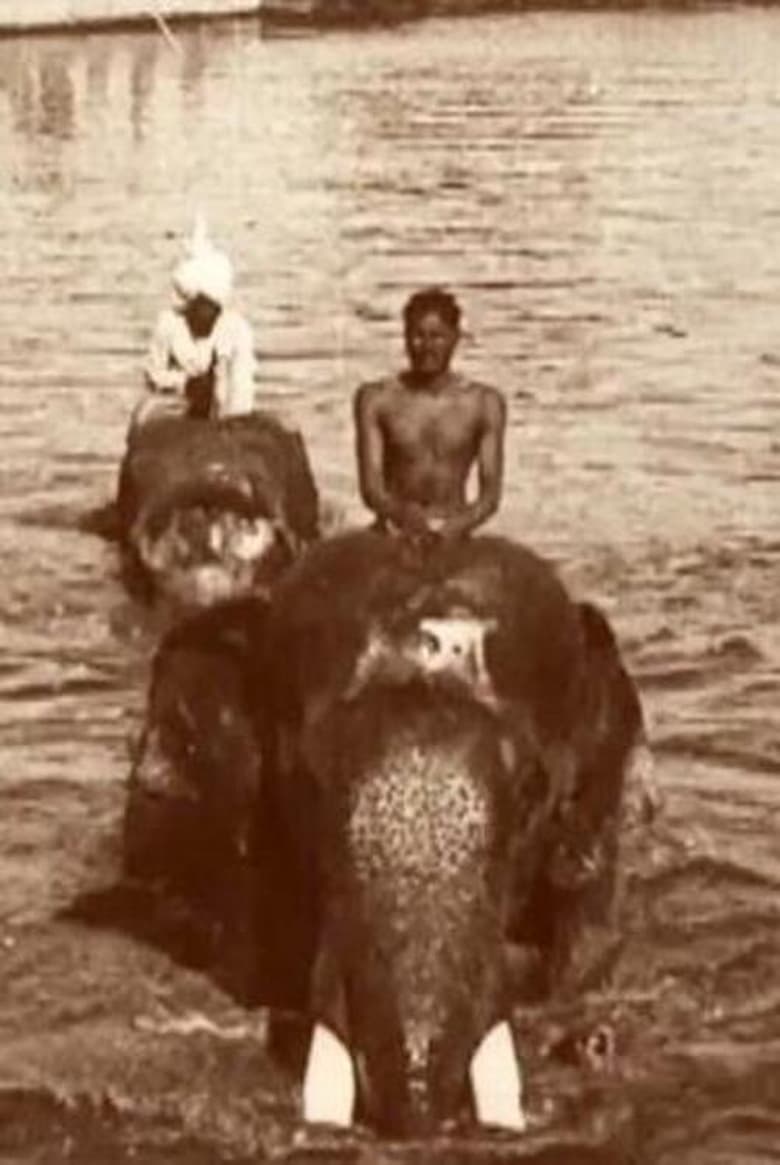
Edward Prince of Wales' Tour of India: Indore, Bhopal, Gwalior and Delhi
The future Edward VIII enjoys a stately procession and visits the Taj Mahal before meeting senior Indian royalty.
Rating:
0.0/10
Votes:
0
Year:
1922

Víťazstvo na pustatine
Rating:
0.0/10
Votes:
0
Year:
1949
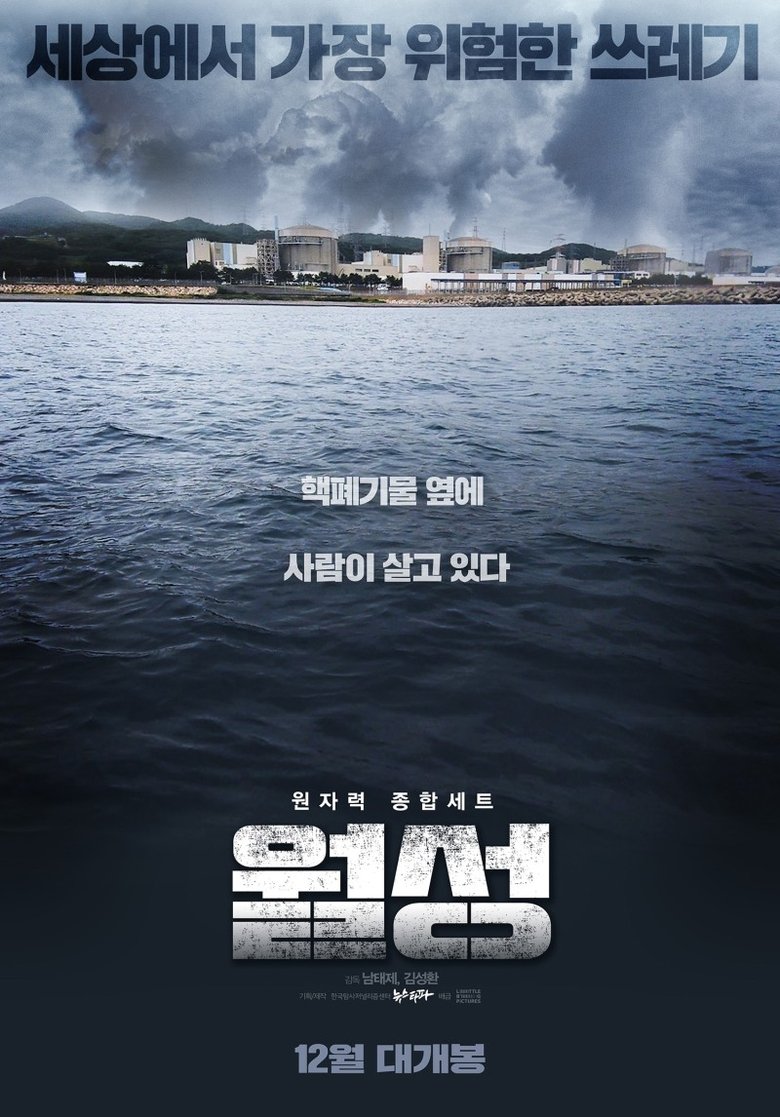
월성
Rating:
0.0/10
Votes:
0
Year:
2019
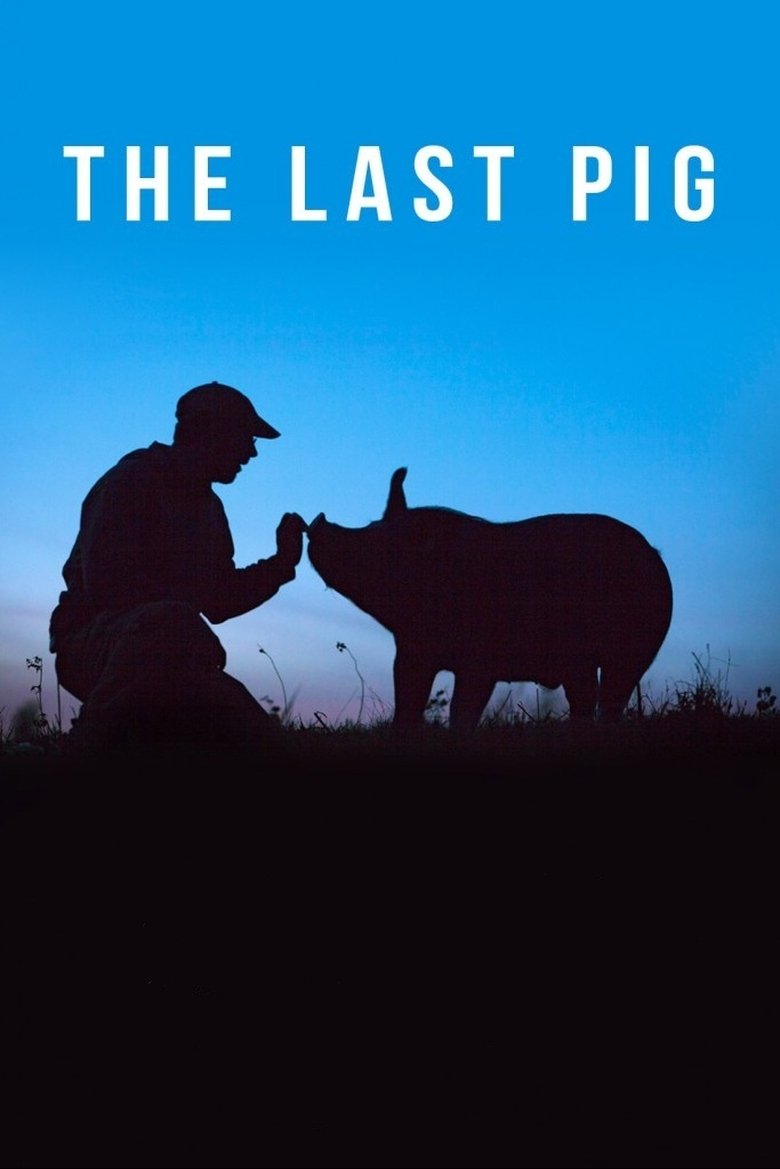
The Last Pig
An intimate reflection on animal treatment, following ethical pig farmer, Bob Comis, as he contemplates his transition out of raising animals for slaughter.
Rating:
7.2/10
Votes:
5
Year:
2017
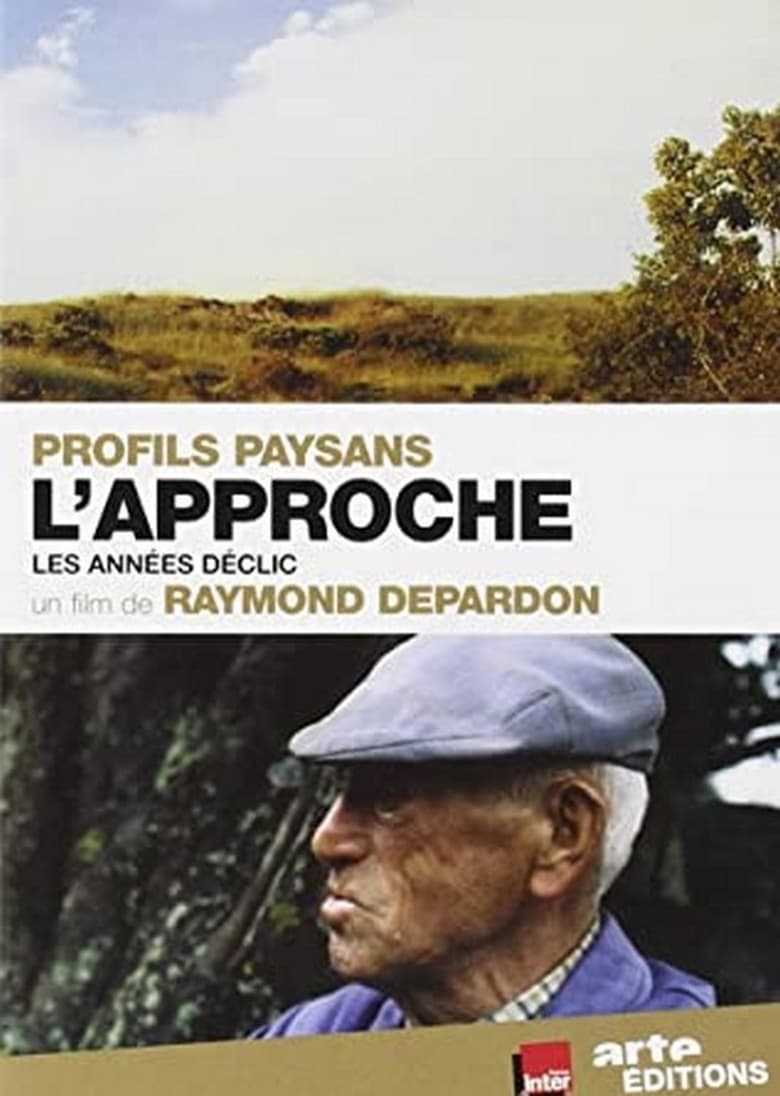
Profils paysans : l'approche
The first of a documentary serie about rural France.
Rating:
7.5/10
Votes:
11
Year:
2001
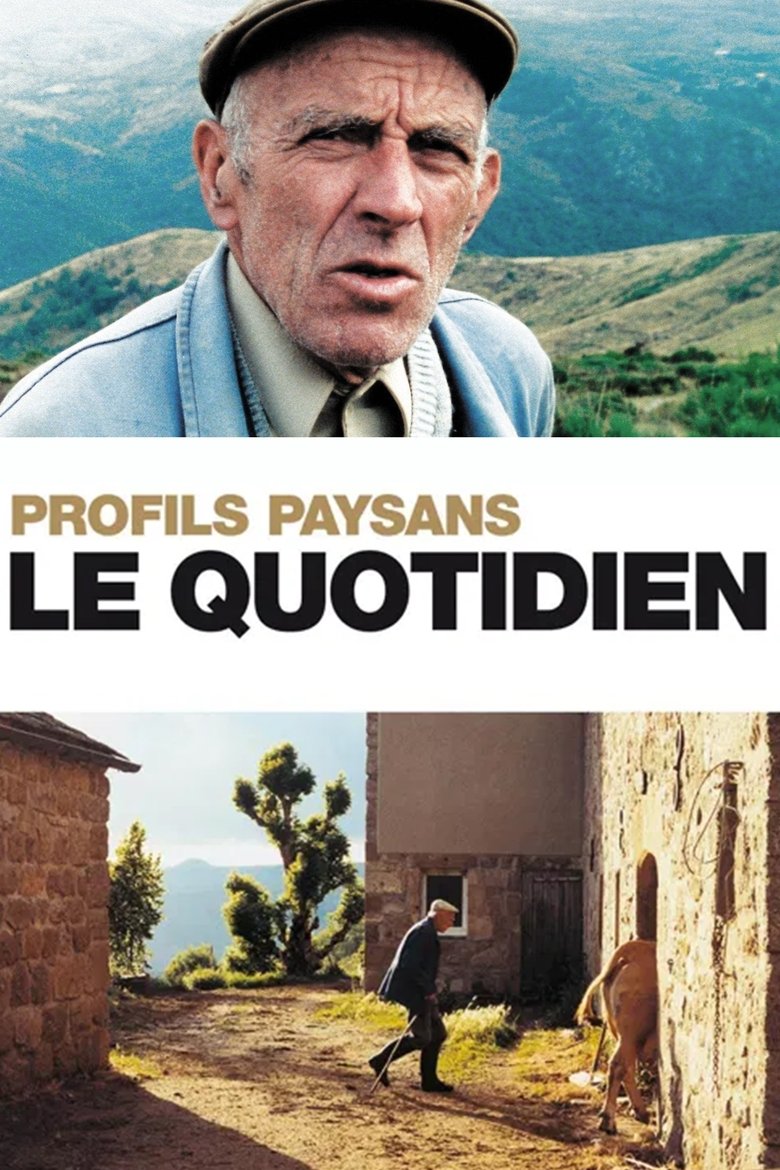
Profils paysans : le quotidien
Second documentary of a trilogy produced on the long term (together with Profils paysans: l'approche (2001) and Profils paysans: La vie moderne (2008)), showing the simple lives of farmers in contemporary Southern France.
Rating:
7.2/10
Votes:
10
Year:
2005
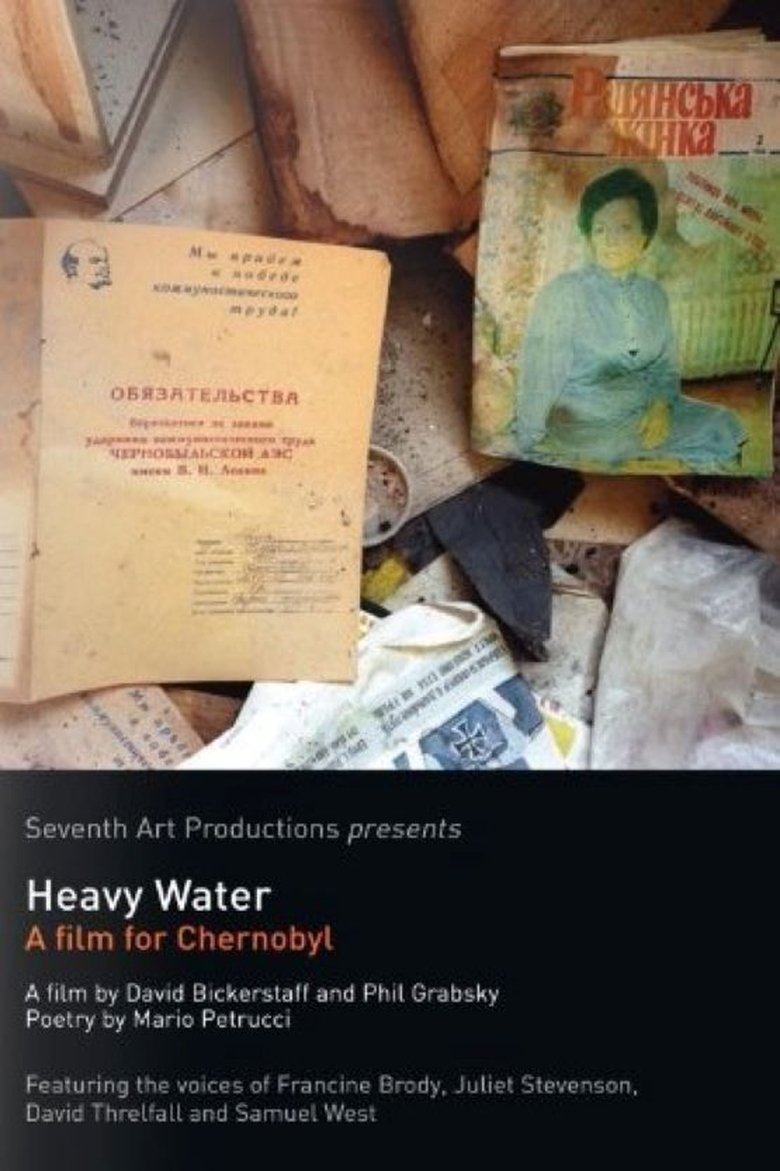
Heavy Water: A Film for Chernobyl
On April 26th, 1986, reactor four at Chernobyl nuclear power station explodes, sending an enormous radioactive cloud over Northern Ukraine and neighbouring Belarus. The danger is kept a secret from the rest of the world and the nearby population who go about their business as usual. May Day celebrations begin, children play and the residents of Pripyat marvel at the spectacular fire raging at the reactor. After three days, an area the size of England becomes contaminated with radioactive dust, creating a 'zone' of poisoned land. Based on Mario Petrucci's award-winning book-length poem (split over two books), 'Heavy Water: a film for Chernobyl', and the shorter version 'Half Life: a Journey to Chernobyl", tells the story of the people who dealt with the disaster at ground-level: the fire-fighters, soldiers, 'liquidators', and their families.
Rating:
6.0/10
Votes:
2
Year:
2007
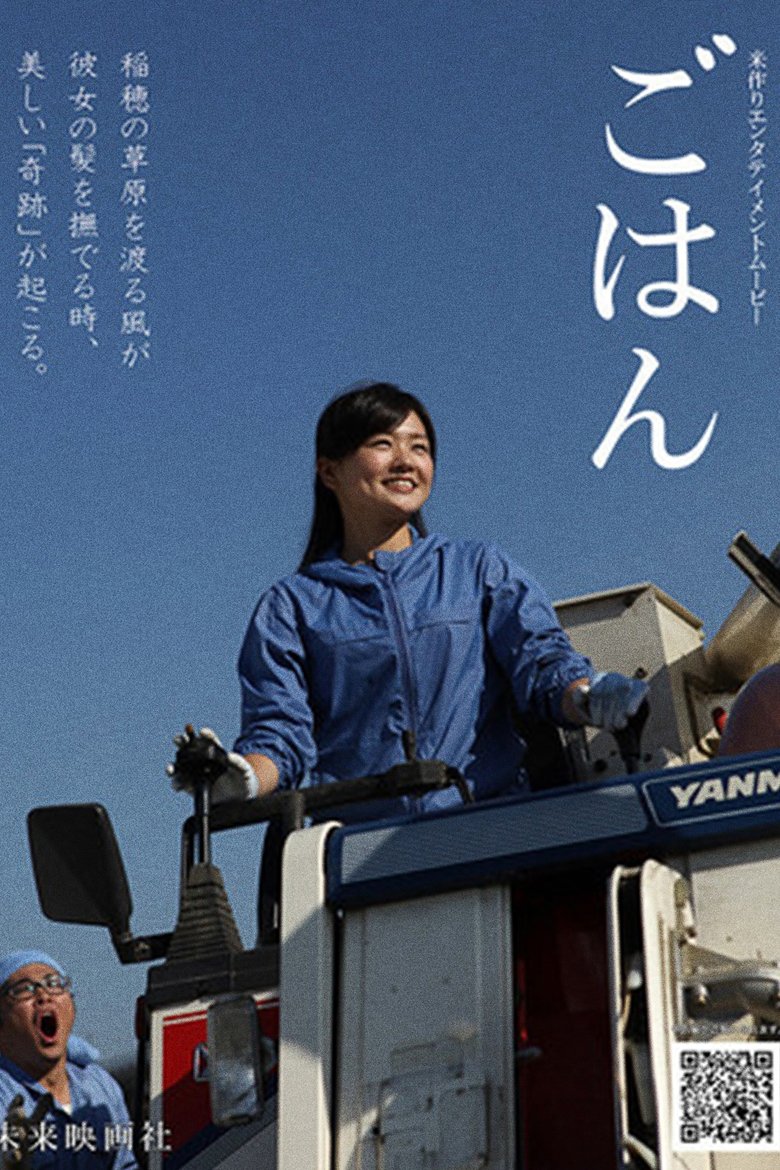
ごはん
A film about rice cultivation that depicts the most beautiful rice field landscape in Japanese cinema history and the most realistic depiction of modern rice farmers.
Rating:
0.0/10
Votes:
0
Year:
2017

Les influenceurs sont dans le pré
Rating:
7.0/10
Votes:
1
Year:
2024
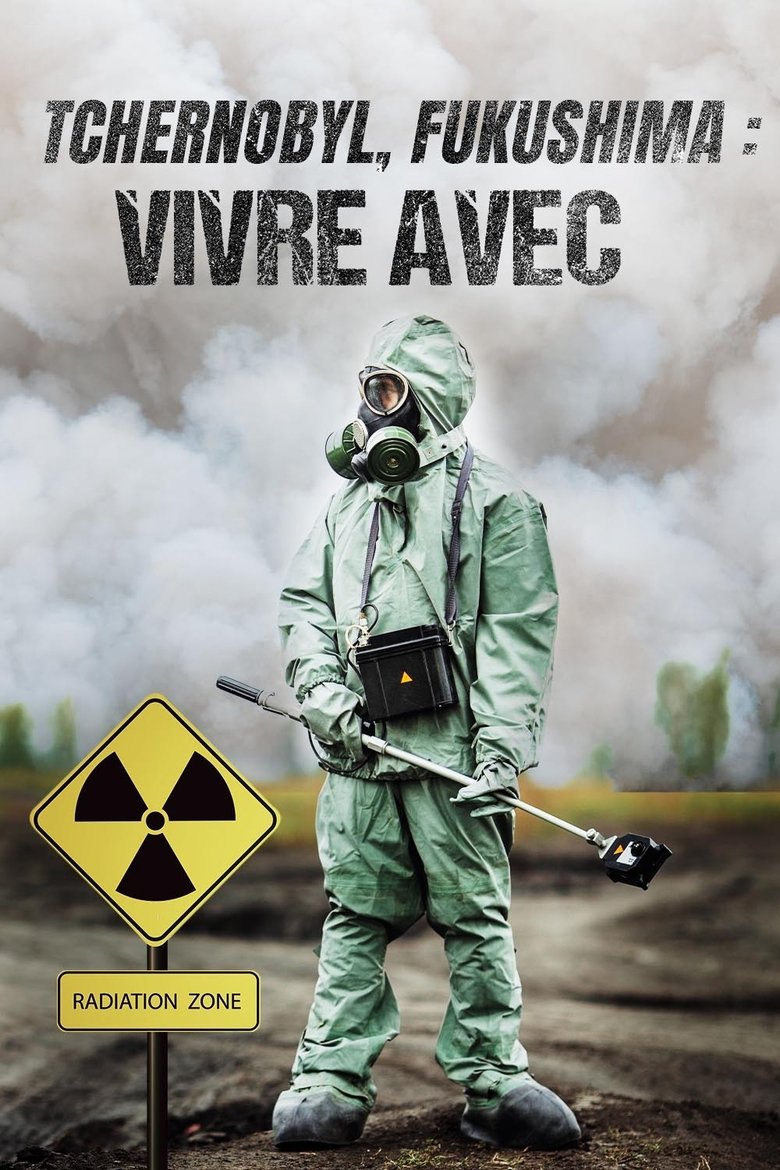
Tchernobyl, Fukushima : Vivre avec
30 years after the Chernobyl catastrophe and 5 years after Fukushima it is time to see what has been happening in the “exclusion zones” where the radioactivity rate is far above normal.
Rating:
7.5/10
Votes:
2
Year:
2016

鼓韵关东
During the Cultural Revolution in China in the late 20th century, ethnic Manchu people were persecuted and forced to give up such cultural traditions as the shaman dance (tiao tchin, meaning "spirit-jumping" or "god's dance"). However, on Changbai Mountain in Northeast China, a farmer named Guan Yunde decided to start designing and building traditional Manchu shaman drums. At age 70, he is one of a minority of ethnic Manchu people in China's Jilin province, and one of the few people keeping the Manchu shamanic tradition alive.
Rating:
9.0/10
Votes:
1
Year:
2017

Hiroshima
The documentary recounts the world's first nuclear attack and examines the alarming repercussions. Covering a three-week period from the Trinity test to the atomic bombing of Hiroshima, the program chronicles America's political gamble and the planning for the momentous event. Archival film, dramatizations, and special effects feature what occurred aboard the Enola Gay (the aircraft that dropped the bomb) and inside the exploding bomb.
Rating:
7.204/10
Votes:
54
Year:
2005
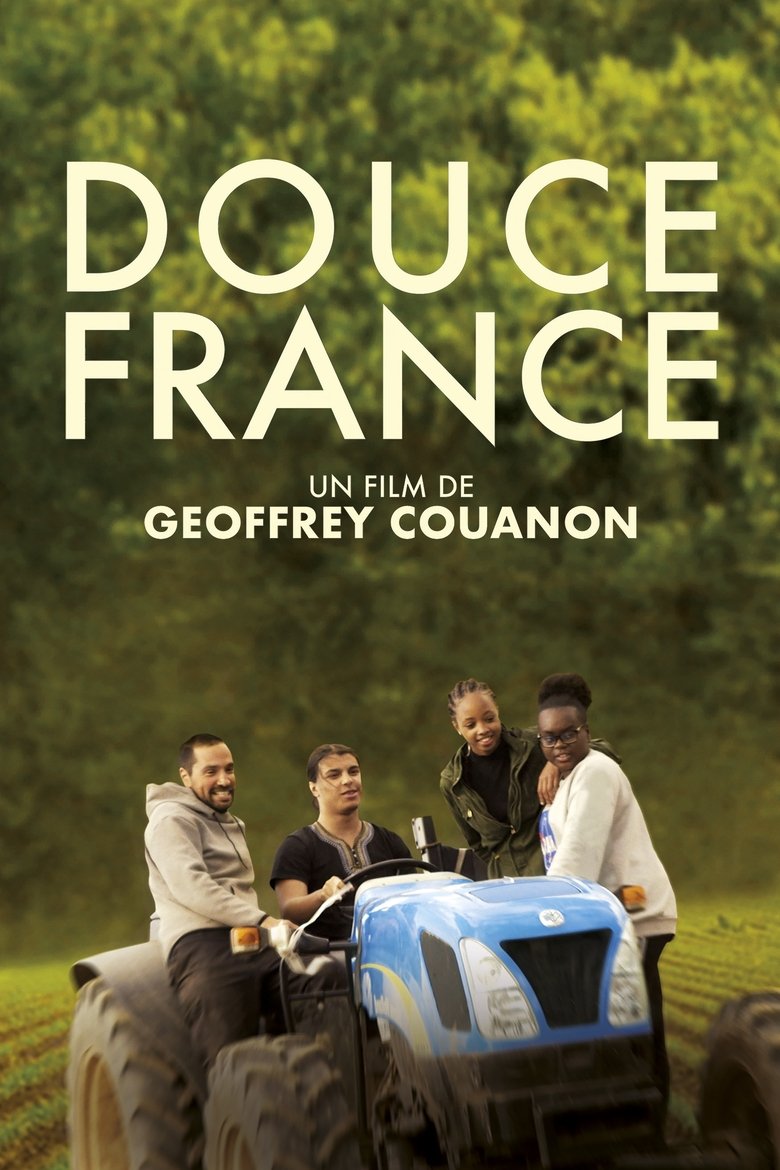
Douce France
Amina, Sami and Jennyfer are high school students in the Paris suburbs, in 93. At the initiative of 3 of their teachers, they embark on an unexpected investigation into a gigantic leisure park project which involves concreting agricultural land near their homes. But can we have the power to act on a territory when we are 17 years old? Funny and intrepid, these new citizens take us to meet residents of their neighborhood, property developers, farmers and even elected officials of the National Assembly. A joyful quest that challenges conventional wisdom and revives our connection to the land!
Rating:
5.6/10
Votes:
5
Year:
2021
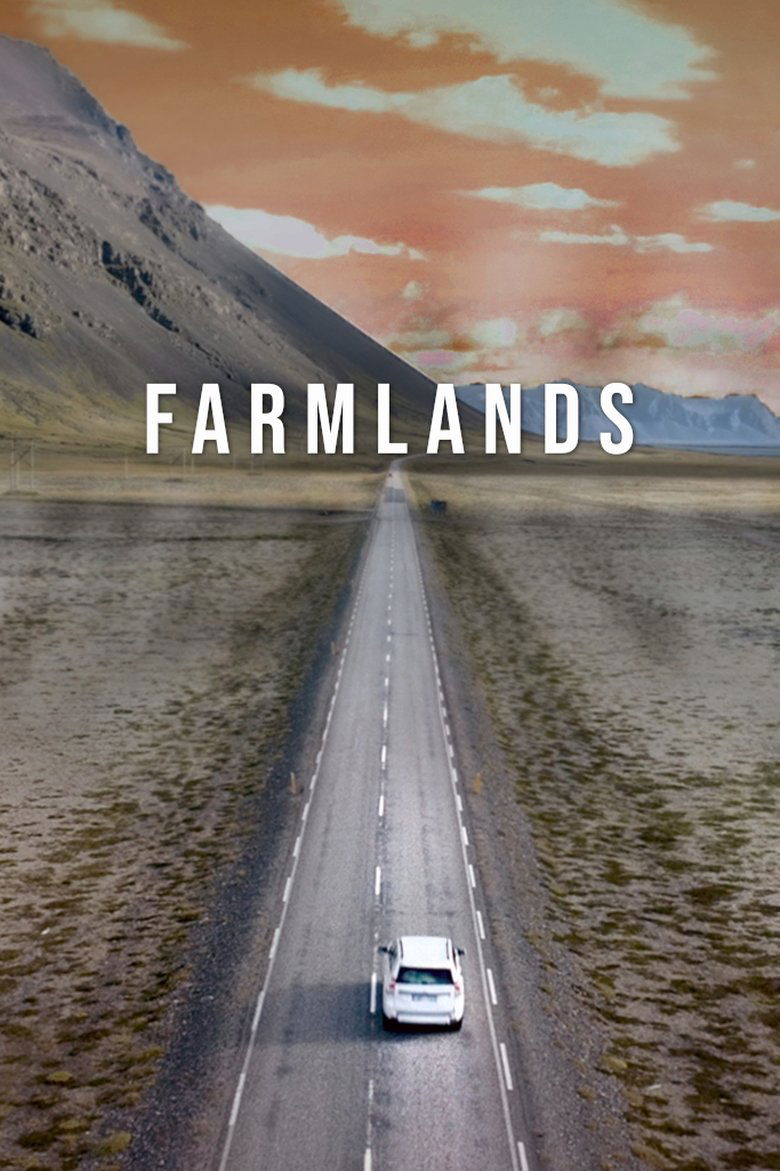
Farmlands
A detailing of the plight of white South African farmers.
Rating:
7.8/10
Votes:
6
Year:
2019

God's Country
In 1979, Louis Malle films the thriving lives of a Minnesota farming community, but returns six years later to document its drastic economic decline, offering a poignant look at the impact of political changes.
Rating:
7.3/10
Votes:
18
Year:
1985

Tiharu
It is quickly becoming the most populated country in the world, but India holds a dark secret. Men and women who make their homes in the poor villages throughout the central region of the country are forced to make decisions that no parents should ever have to make. Sell a child into slavery or watch your children starve to death.
Rating:
0.0/10
Votes:
0
Year:
2013

CircleSpeak
Shot in Southern England over the course of six weeks by a crew of three American filmmakers, CircleSpeak offers a nuanced look at the passions and beliefs of the people immersed in the crop circle phenomenon during the season of 2001. This feature-length documentary presents interviews with serious “researchers”, self-proclaimed “hoaxers”, local farmers and villagers who are all, in one way or another, involved in this strange and compelling summer spectacle taking place year after year.
Rating:
0.0/10
Votes:
0
Year:
2005

Sepp Holzer's Secrets of Eden
Filmmaker Claudia Hefner showcases the Kramerterhof, an Alpine estate which Sepp Holzer has transformed from an ordinary farm into a paragon of permaculture. Spectacular aerial photography helps viewers to appreciate the magnificence of the landscape and the efficiency of the property.
Rating:
0.0/10
Votes:
0
If current server doesn't work please try other servers beside.